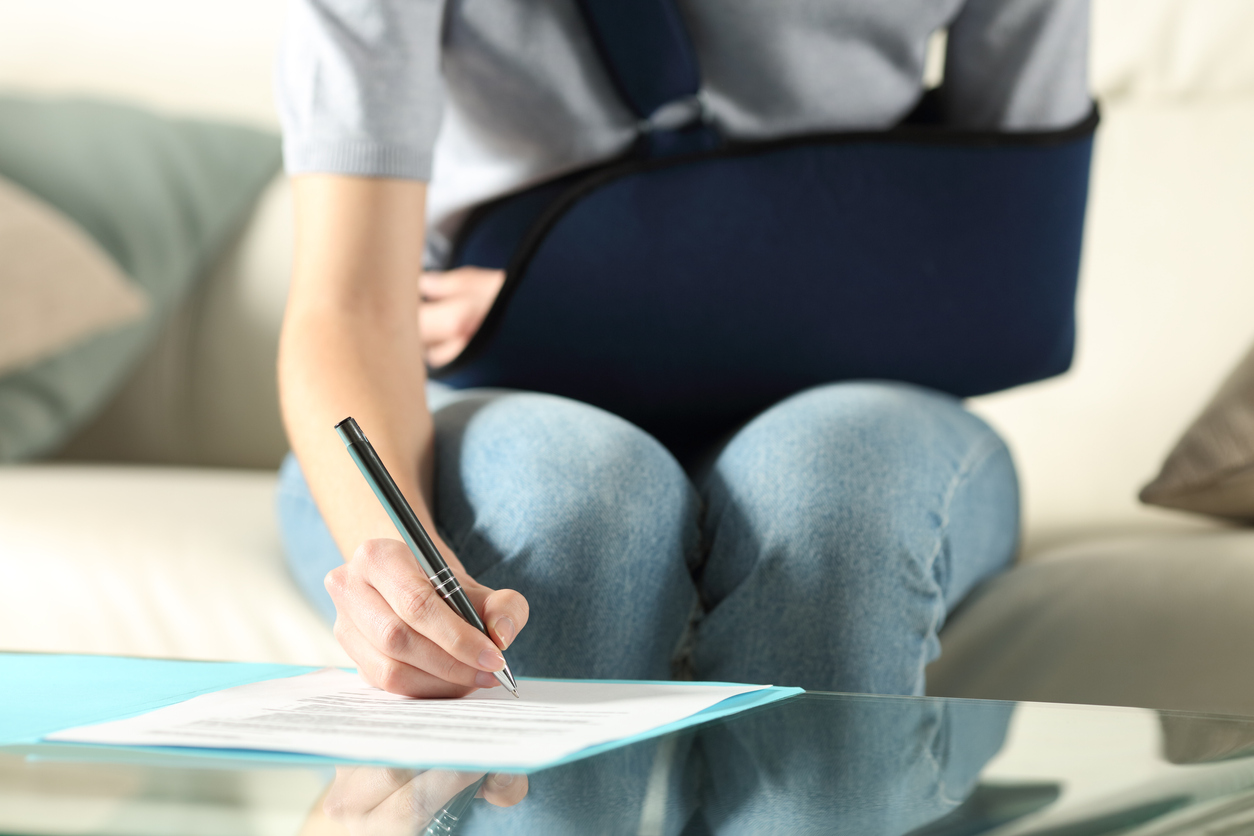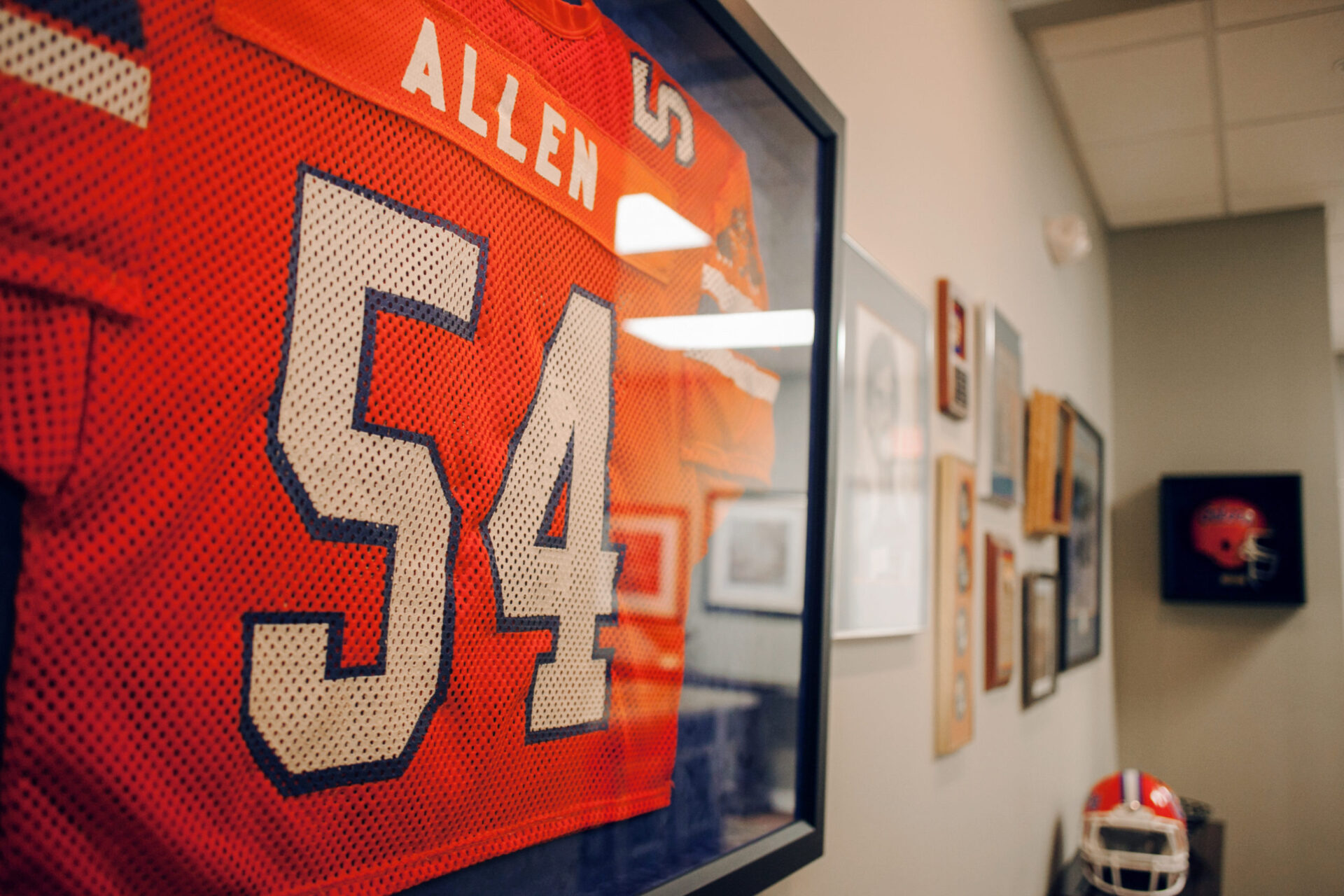What Is a Tort Claim?
Bill Allen | December 13, 2023 | Personal Injury

A tort is an act that causes injury to someone else. A tort claim is the pursuit of financial compensation by the victim against the party who caused their harm. Tort claims form the basis of personal injury law. An experienced personal injury lawyer can review the circumstances that resulted in your injuries and explain whether you have a viable claim for compensation.
Overview of Torts
Torts are any acts that can harm another person’s well-being. Because another party is responsible for this harm, that person is responsible for compensating the victim for the damages they caused. The purpose of tort claims is to provide money to the victim for their physical, emotional, and financial losses.
Torts are an aspect of civil law. Wrongdoers are not imprisoned or made to pay fines like they might be if found guilty in a criminal case. Instead, they can be held financially liable for the harm they cause.
There are situations in which a person may be subject to both criminal and civil proceedings, such as a drunk driving case. Driving under the influence of alcohol or drugs is illegal in Florida and can subject a defendant to jail time and other criminal penalties. However, a victim who was injured in a drunk driving accident could also have a civil case to recover compensation for their injuries.
What Is the Basis of Tort Claims?
There are many different types of torts, including the following:
Intentional Torts
Some personal injuries are caused by intentional acts, such as:
- Fraud
- Misrepresentation
- Libel
- Slander
- Invasion of privacy
- Trespass
- Assault
- Sexual assault
In these cases, you must prove that the defendant acted willfully in causing you harm.
Negligence
Negligence is the most common type of tort theory. Negligence occurs when someone acts carelessly and causes harm to someone else. Even though the defendant did not mean to harm the victim, they can still be held responsible for their careless behavior.
Proving negligence requires that you show four elements:
- Duty – The defendant had a duty to act as a reasonably prudent person and avoid causing foreseeable harm to the victim.
- Breach of duty – The defendant acted or failed to act in a way that breaches their legal duty.
- Causation – The defendant’s breach of duty was directly responsible for your injuries.
- Damages – You suffered damages as a result of the accident.
As the victim, you have the burden of proving each of these elements by a preponderance of the evidence.
Strict Liability
Strict liability assigns liability to a defendant when certain acts occur. In these cases, the plaintiff does not have to show that the defendant was negligent. For example, in cases involving defective products, the manufacturer may be found strictly liable for the plaintiff’s damages if the plaintiff can prove that the defective product harmed them. There is no need to show the defendant was negligent in causing the defect.
Common Types of Tort Claims
Our attorneys focus exclusively on personal injury cases, including claims arising from intentional torts, negligence, and strict liability. We help victims who were injured in the following types of accidents:
Motor Vehicle Accidents
We can assist victims who were injured in various types of traffic crashes, including:
- Car accidents
- Recreational vehicle accidents
- Lyft accidents
- Uber accidents
- Taxi accidents
- Motorcycle accidents
- Truck accidents
- Scooter accidents
- Boating accidents
- Bicycle accidents
- Pedestrian accidents
Our experienced team can investigate your case, gather strong evidence, and negotiate a settlement on your behalf.
Mass Transit Accidents
Mass transit accidents include:
A personal injury lawyer can investigate the incident and determine if you have legal grounds to file a claim and against whom.
Dog Bites
Negligent dog owners can be held responsible when their dog bites someone who is legally on the property.
Premises Liability
Premises liability refers to the legal responsibility of a property owner when someone is injured on their property. These principles apply to private, commercial, and public property. Slips and falls are a common type of premises liability claim. In some situations, property owners can also be held liable for the criminal acts of others when they have negligently secured the property.
Construction Accidents
Construction sites often involve many different parties. If someone is injured on the property, the property owner, general contractor, subcontractor, or other party may be responsible for paying for these injuries.
Workplace Accidents
In some cases, workers’ compensation may not be the exclusive remedy. An experienced lawyer can review an employee’s workplace accident and determine if there may be claims against third parties.
Medical Malpractice
Doctors and other healthcare providers owe their patients the duty to provide the same standard of care they would receive from another reasonable healthcare provider in the same area under similar circumstances. If their care falls below this standard and they harm a patient, the patient can file a medical malpractice claim.
Nursing Home Abuse
If a nursing home staff member assaults or neglects a patient, the nursing home can be held responsible for these injuries.
Defective Products
Product designers, manufacturers, or others involved in the chain of distribution can be responsible for harm caused by defective products.
Wrongful Death
Tort claims can also involve wrongful death when the personal injury victim dies from the injuries they sustained in an accident.
Is a Tort Claim the Same As a Lawsuit?
No. Tort claims are not always lawsuits, but sometimes they are. A claim is often resolved through the defendant’s insurance company.
For example, if a person is injured on a business property, the victim may make a claim with the commercial property insurance provider. The insurance company can investigate the claim and negotiate a settlement. If the settlement is unsatisfactory or the claim is denied, the accident victim may file a lawsuit to seek compensation for the harm they suffered.
If you would like assistance with your tort claim, contact an experienced personal injury lawyer.
Contact Our Gainesville Personal Injury Law Firm in North Central Florida
If you need legal assistance, contact the Gainesville personal injury lawyers at Allen Law Accident & Injury Lawyers at your nearest location to schedule a free consultation today.
We have three convenient locations in North Central Florida:
Allen Law Accident & Injury Lawyers – Ocala Office
112 S Pine Ave
Ocala, FL 34471
(352) 351-3258
Allen Law Accident & Injury Lawyers – Downtown Gainesville
621 W University Ave
Gainesville, FL 32601
(866) 928-6292
Allen Law Accident & Injury Lawyers – Gainesville office
2550 SW 76th St #150
Gainesville, FL 32608
(877) 255-3652
